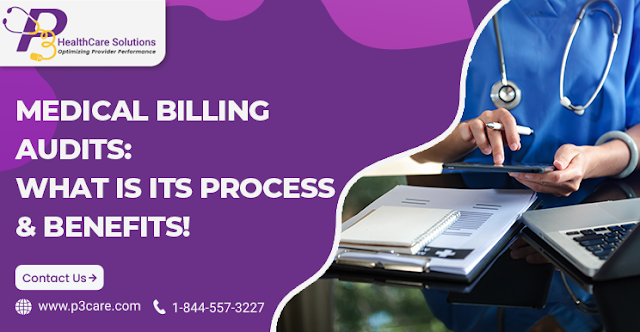How Successful Medical Billing Companies Compile Claims?

Overview An effective and efficient healthcare system is based on the joint effort of all of its parts, such as healthcare providers or clinicians, the medical equipment, the administrative staff, medical billing companies, and the insurance companies. A medical practice requires financial support and resources to run. It is so they can compensate their staff and heads, buy new medical equipment, expand their practice to serve more patients, and so on. All of this can be done with the help of a proficient team that caters to their revenue cycle management . Revenue Cycle Management It is the financial management process by which healthcare systems in the USA and the rest of the world track the performance of their claims. Communication with insurance companies is an essential part of this system, which typically third-party vendors like medical billing services are in charge of doing. A medical practice can be sustained if the revenue management cycle is handled e...



